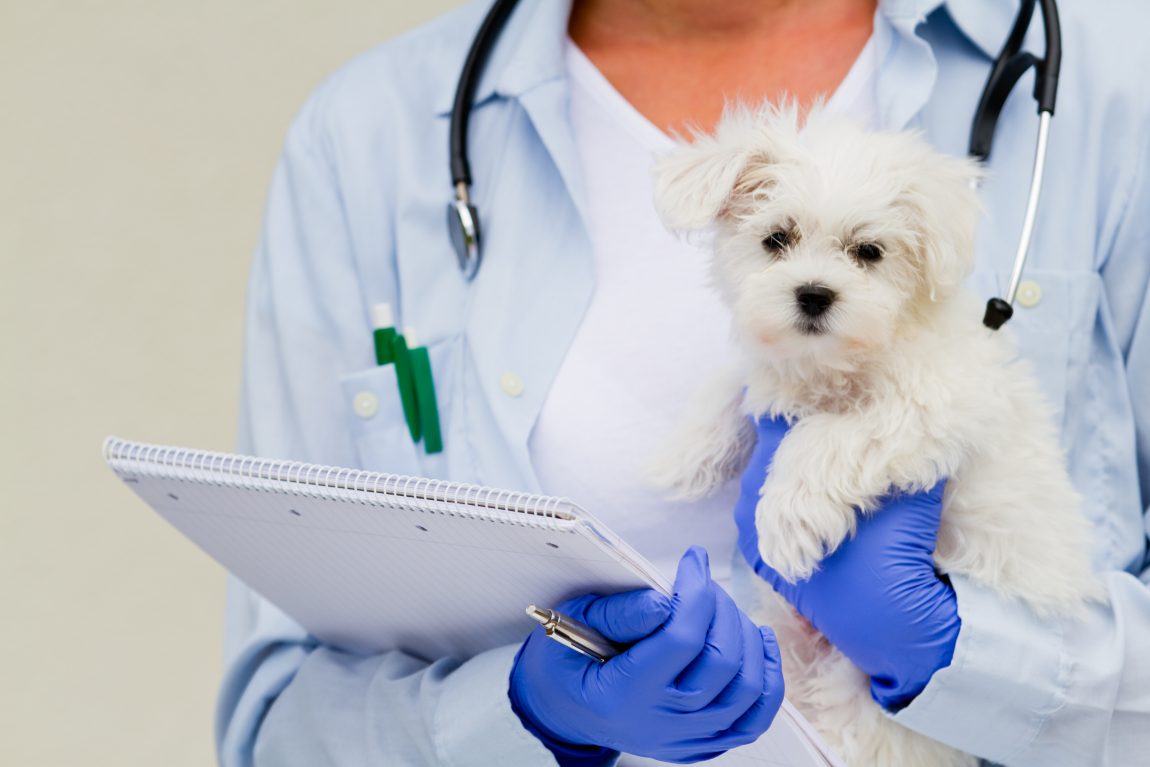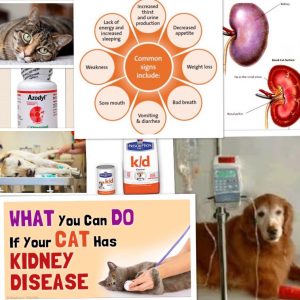
Cancer In Our Pets and What We Can Do To Help!
It is no surprise that cancer is on the rise in our pets. Not only are people being diagnosed with this terrible disease more frequently and at younger ages, so are our pets. Cancer is a leading cause of death in dogs and cats and it is a disease I am diagnosing way too often. Compared to people, dogs develop tumors twice as frequently, but cats only half as frequently. Many people are not aware that our pets are being diagnosed with the exact same types of cancers that people are, with many similar treatments options. Today I would like to answer some basic questions about cancer in our pets, discuss available treatment options, and provide some ways we can help fight this ruthless war against cancer.
What is cancer?
What types of cancers can my pets be diagnosed with?
Pets are susceptible to all the exact same types of cancers as humans (breast cancer, leukemia, lymphoma, osteosarcoma, etc.). Just like in people, cancer generally begins with one type of cell in the body, and starts replicating abnormally and out of control.
What are the clinical signs I may see in my pet which indicate they may have cancer?
Unfortunately cancer is one of the most difficult diseases to diagnose. Pets can present with an array of clinical signs that do not always appear similar or consistent. Unlike humans, pets cannot relay subtle signs of discomfort or not feeling right. For instance, a person may feel run down, seem out of breath, or have subtle pain in their abdomen. Pets cannot communicate when they feel these things, and generally need to show very obvious signs of sickness before their pet parents notice something is wrong. The most common clinical signs I see with cancer are:
- No clinical signs at all- diagnosed on routine examination by their veterinarian.
- A solid tumor noticed by pet parents or veterinarian.
- Lethargy.
- Depression.
- Weight loss.
- Vomiting.
- Diarrhea.
- Acting differently- hiding and not as social or active.
- Bloating or the appearance of a large abdomen.
- Coughing.
- Respiratory distress.
- Changes in coat or skin.
How do we diagnosis cancer in our pets?
As in humans, the way to diagnose cancer in our pets is to perform full blood work, and imaging diagnostics such as radiographs, ultrasounds, MRI’s, cat scans, and biopsies of the tumor. Not only is it important to diagnose the type of cancer your pet has, it is also imperative to perform thorough diagnostics to assess if the cancer has spread to other parts of the body (a process we call staging).
What are my treatment options?
Nowadays, the standard of care for our pets is amazing and advanced. Veterinary medicine has come a long way in the past 30 years, and specialists and large oncology referral centers are widely available. My hospital and myself work side by side with local referral centers in the area that offer internal medicine, critical care, ophthalmology, surgery, dermatology, and oncology specialties. Veterinary specialists extend their training years after veterinary school in internship and residency programs to become masters in their field, giving our pet parents every opportunity to obtain the best standard of care for our pets. Advances in cancer treatments have exploded over the past 10 years, and everything that is available to humans are available to our pets (chemotherapy, radiation, immunotherapy, and advanced surgeries). Speak with your veterinarian about pet oncology centers in your area to learn what treatment options are best for your pet.
What can I do to help fight the war against cancer?
Cancer hits home for me. Not only because it affects so many of my beloved patients and families, but because I have watched some of my closest friends and family battle this horrible disease. Like human oncology, the race is on the find a cure and to help our pets live longer and healthier lives. The large Universities are working tirelessly on developing advanced treatment options and cures for cancer and are making huge strides in the fight against cancer.
I am excited to introduce an amazing charity that raises funds for the research, and treatment of pet cancer called Cure For Pets. This charity has partnered with the University of Florida College of Veterinary Medicine to help find a cure for pet cancer. With our pets living longer and the standard of care becoming better, nothing makes me happier than to donate and promote this amazing cause!




